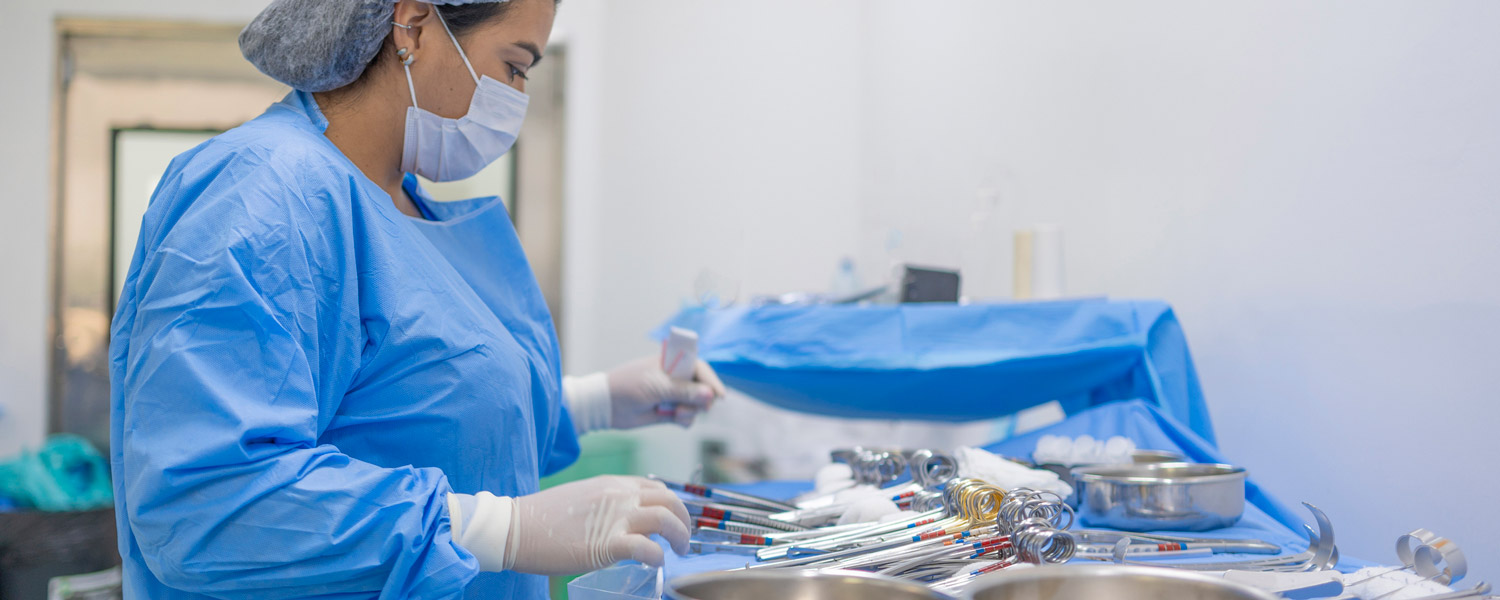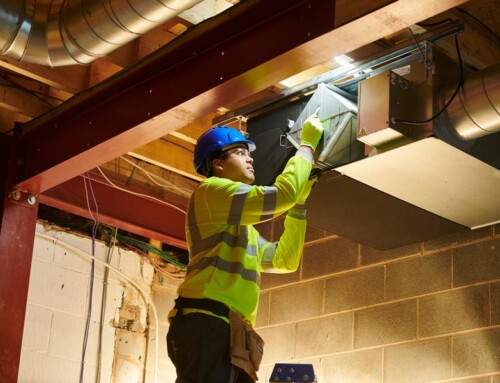Surgical Cleaning Technician Training: Infection Control Essentials

In healthcare settings, few areas are as sensitive—and as critical—as the surgical suite. Maintaining sterility in this high-risk environment isn’t just a best practice; it’s a matter of life and death. That’s why surgical cleaning technician training plays such an essential role in modern healthcare facility operations.
Through specialized education and certification, surgical cleaning technicians gain the skills they need to protect patients, meet regulatory requirements, and contribute meaningfully to infection control protocols. If you’re part of an environmental services (EVS) team or looking to grow within the healthcare cleaning field, this training could be your next step forward. Learn more about healthcare cleaning training!
What Is Surgical Cleaning Technician Training?
Surgical cleaning technician training refers to a focused educational program that teaches individuals how to clean and disinfect surgical areas such as operating rooms (ORs), pre-op rooms, and recovery areas. This training goes far beyond general cleaning practices. It includes:
- Principles of asepsis (keeping areas free from harmful microorganisms)
- Infection control practices and cross-contamination prevention
- Correct use of personal protective equipment (PPE)
- Handling and disposal of biohazardous waste
- Cleaning and disinfection of surgical tools and high-touch surfaces
These technicians often work closely with healthcare providers to ensure environments meet—or exceed—sterility standards.
For more on healthcare cleaning best practices, visit our healthcare cleaning programs page.

Why Is This Training So Important?
-
Infection Control
Surgical site infections (SSIs) remain one of the most common types of healthcare-associated infections (HAIs). Proper surgical cleaning can significantly reduce this risk. Technicians trained in infection prevention play a direct role in protecting patient health.
-
Regulatory Compliance
Healthcare facilities are held to strict standards set by organizations like the Centers for Disease Control and Prevention (CDC) and The Joint Commission. Trained cleaning professionals help ensure these standards are consistently met.
-
Staff and Patient Safety
Proper training equips technicians with knowledge about bloodborne pathogens, chemical exposure, and safe waste handling—keeping everyone safer.
-
Operational Efficiency
A well-trained surgical cleaning technician works faster and more thoroughly. This reduces room turnover time and helps healthcare teams stay on schedule, especially in high-volume surgical centers.
Core Topics Covered in Surgical Cleaning Technician Training
A reputable training program will include modules such as:
Infection Control Fundamentals
Understanding how pathogens spread, especially in surgical environments, is the foundation of this training. Technicians learn to break the chain of infection using industry-approved methods.
Terminal Cleaning Protocols
This deep cleaning procedure is performed after a patient has been discharged from a surgical suite. It requires a step-by-step, top-down approach to disinfect every surface, including lights, floors, and equipment.
Use of Disinfectants
Technicians are taught how to apply hospital-grade disinfectants correctly, including understanding dwell times and choosing the appropriate product for each surface or device.
PPE and Safety Practices
Correct use of gloves, gowns, masks, and eye protection is critical to technician safety and infection control.
Communication and Documentation
Proper documentation of cleaning tasks and communication with clinical staff ensures accountability and contributes to compliance audits.
Who Should Pursue This Training?
Surgical cleaning technician training is ideal for:
- New environmental services (EVS) employees in healthcare settings
- Current hospital or surgical center cleaning staff seeking advancement
- Supervisors who oversee surgical suite cleaning operations
- Janitorial contractors working with outpatient or ambulatory surgery centers
- Infection control officers needing to align their teams with best practices
Whether you’re starting your career or expanding your expertise, this certification provides a valuable credential.
Career Benefits of Becoming a Certified Surgical Cleaning Technician
With proper training and certification, you can:
- Stand out in competitive healthcare job markets
- Qualify for higher-paying roles in surgical or sterile environments
- Gain credibility among clinical professionals
- Play an active role in protecting lives and improving patient outcomes
It also demonstrates your commitment to professionalism, quality, and compliance—a big plus in healthcare hiring decisions.
Trends Impacting the Role of Surgical Cleaning Technicians
The demand for highly trained surgical cleaning technicians is growing, fueled by:
- Stricter infection control standards post-COVID
- Expansion of outpatient and ambulatory surgical centers
- Increased use of technology in disinfection (UV-C, electrostatic sprayers)
- A greater focus on quality metrics in healthcare reimbursement models
To stay ahead, technicians and supervisors alike must engage in ongoing education and training.
For additional insights, check out infection prevention resources to support your team’s success.
Certification and Ongoing Education
While training is the first step, certification adds another layer of professionalism. Many training programs offer assessments or credentials upon completion.
Continued education also matters. As technologies like UV-C light and electrostatic disinfection evolve, staying up to date ensures your knowledge stays relevant.
Looking for a reputable training program? Explore healthcare-specific cleaning training opportunities.
















